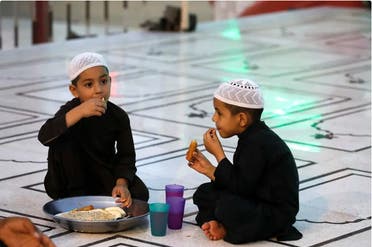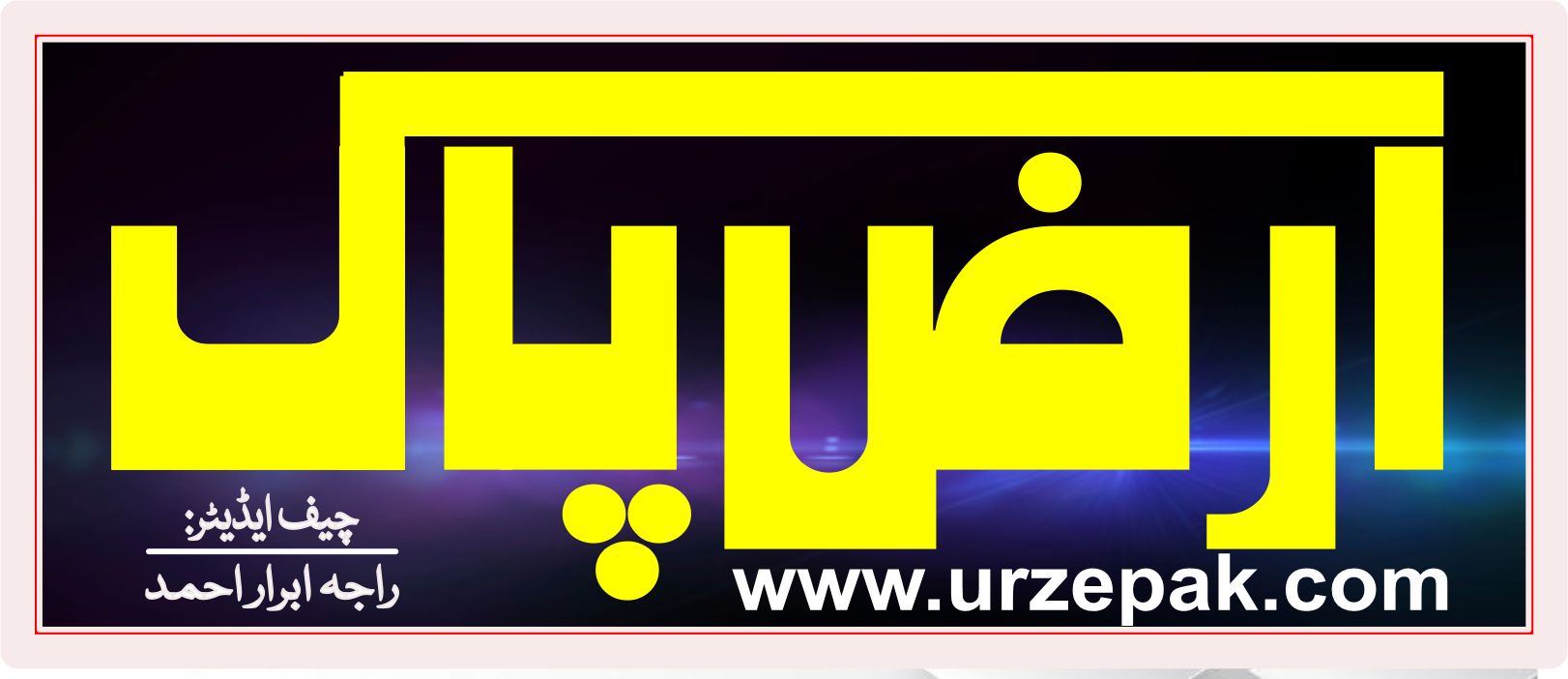
دنیا بھرمیں رمضان:2023 میں سب سے طویل اور مختصر دورانیے کاروزہ کہاں کہاں ہوگا؟
دنیا بھر میں 1.9 بلین سے زائد مسلمان رمضان المبارک کے مقدس مہینے کی تیاری کر رہے ہیں۔ اس سال جغرافیائی محل وقوع کے لحاظ سے مختلف ممالک میں روزے کے اوقات 10 سے 18 گھنٹے تک ہوں گے۔
روزے کے اوقات میں فرق بنیادی طور پر زمین کے جھکاؤ اور سورج کی پوزیشن کی وجہ سے دن اور رات کی لمبائی میں فرق پڑنے کی وجہ سے ہوتا ہے۔
خط استوا کے قریب واقع ممالک میں روزے کے اوقات کم ہوتے ہیں، جیسے جیسے اس سے دور جائیں، خاص طور پر شمالی اور جنوبی عرض البلد میں، روزے کا دورانیہ طویل ہوجاتا ہے۔ سال کے کسی وقت پر یہاں روزے کی مدت 20 گھنٹے سے زیادہ بھی ہو سکتی ہے۔
کچھ علاقوں بشمول گرین لینڈ اور الاسکا میں، جہاں سورج کبھی غروب نہیں ہوتا، علماء سعودی عرب میں مکہ کے اوقات کی پیروی کرنے کی سفارش کرتے ہیں۔
دنیا بھر میں روزے کے اوسط اوقات عام طور پر 14 سے 15 گھنٹے کے درمیان ہوتے ہیں۔ سعودی عرب، متحدہ عرب امارات اور قطر میں مسلمان پورے مقدس مہینے میں روزانہ 14 گھنٹے تک روزہ رکھیں گے۔
رمضان، اسلامی کیلنڈر کا نواں مہینہ، 23 مارچ کو شروع ہونے والا ہے، اور اس میں کھانے پینے سے پرہیز، اور ایسی عبادات کا اہتمام شامل ہے جو ایمان، صبر اور برادری کے احساس کو بہتر بناتے ہیں۔
ذیل کی فہرست میں جانیے کہ اس سال مسلمان کس ملک میں سب سے طویل اور کس ملک میں کم سے کم دورانیے کا روزہ رکھیں گے۔
طویل ترین روزہ کس ملک میں ہوگا؟
1. نوک، گرین لینڈ: 18 گھنٹے
2. ریکجاوک، آئس لینڈ: 18 گھنٹے
3. ہیلسنکی، فن لینڈ: 17 گھنٹے
4. گلاسگو، سکاٹ لینڈ: 17 گھنٹے
5. اوٹاوا، کینیڈا: 17 گھنٹے
6. لندن، برطانیہ: 16-17 گھنٹے
7. پیرس، فرانس: 16-17 گھنٹے
8. زیورخ، سوئٹزرلینڈ: 15 گھنٹے
9. روم، اٹلی: 15 گھنٹے
10. میڈرڈ، سپین: 15 گھنٹے

مختصر دورانیے کا روزہ کس ملک میں ہوگا
1. کرائسٹ چرچ، نیوزی لینڈ: 12 گھنٹے
2. پورٹو مونٹ، چلی: 12 گھنٹے
3. بیونس آئرس، ارجنٹائن: 12 گھنٹے
4. جکارتہ، انڈونیشیا: 13 گھنٹے
5. نیروبی، کینیا: 13 گھنٹے
6. کراچی، پاکستان: 13-14 گھنٹے
7. نئی دہلی، بھارت: 13-14 گھنٹے
Abrar Ahmed is not just a journalist — he is a chronicler of his time. A Kashmiri journalist, columnist, novelist, and author, he has spent his life wrestling with ideas, questioning power, and giving voice to the voiceless. Armed with a Master’s degree in International Law, he brings intellectual depth and moral clarity to every piece he writes. His education at the University of Azad Kashmir Muzaffarabad and Quaid-i-Azam University shaped his analytical mind, but it is his lived experience that sharpened his pen.
Abrar has been a tireless campaigner for human rights, equality, and justice, speaking out against oppressive systems of governance and entrenched corruption in many Asian countries. He has consistently raised his voice for the deprived and oppressed people of Kashmir, making their struggle for dignity and freedom heard on global platforms.
Today, he resides in Dublin, Ireland, where his perspective has widened, allowing him to view Kashmir’s pain and the world’s conflicts through a sharper, more global lens.
He is the founder of the Institute of Research for Conflict Resolution and Social Development, Ikhtilaf News Media and Publications, and the Daily Sutoon Newspaper — institutions built not just to inform, but to challenge, to provoke, to awaken. His humanitarian vision led to the creation of the Save Humanity Foundation, a reflection of his belief that words must lead to action.
His books are not mere collections of pages — they are manifestos of conscience:
Tehreek-e-Azadi ke Azeem Surkhaik — a tribute to those who gave everything for freedom.
Corruption ke Keerhay — a fearless dissection of the rot eating away at society.
Masla-e-Kashmir ka Hal: Aalmi Aman ka Rasta — a bold attempt to chart a path to peace.
Pakistan and Azad Kashmir Political System and New System Needed — a demand for reform, justice, and a future worthy of its people.
Through his textbooks Modern Community Development Ideas and Basic Journalism, Abrar has shaped generations, giving young minds the tools to see the world critically and act with purpose.
Born on March 19, 1982, Abrar Ahmed stands as a voice of resistance and renewal. His work is not just journalism — it is an ongoing struggle for truth, for peace, and for a just society. To read him is to confront the questions we are too often afraid to ask, and to believe, even in dark times, that words can still change the world.
